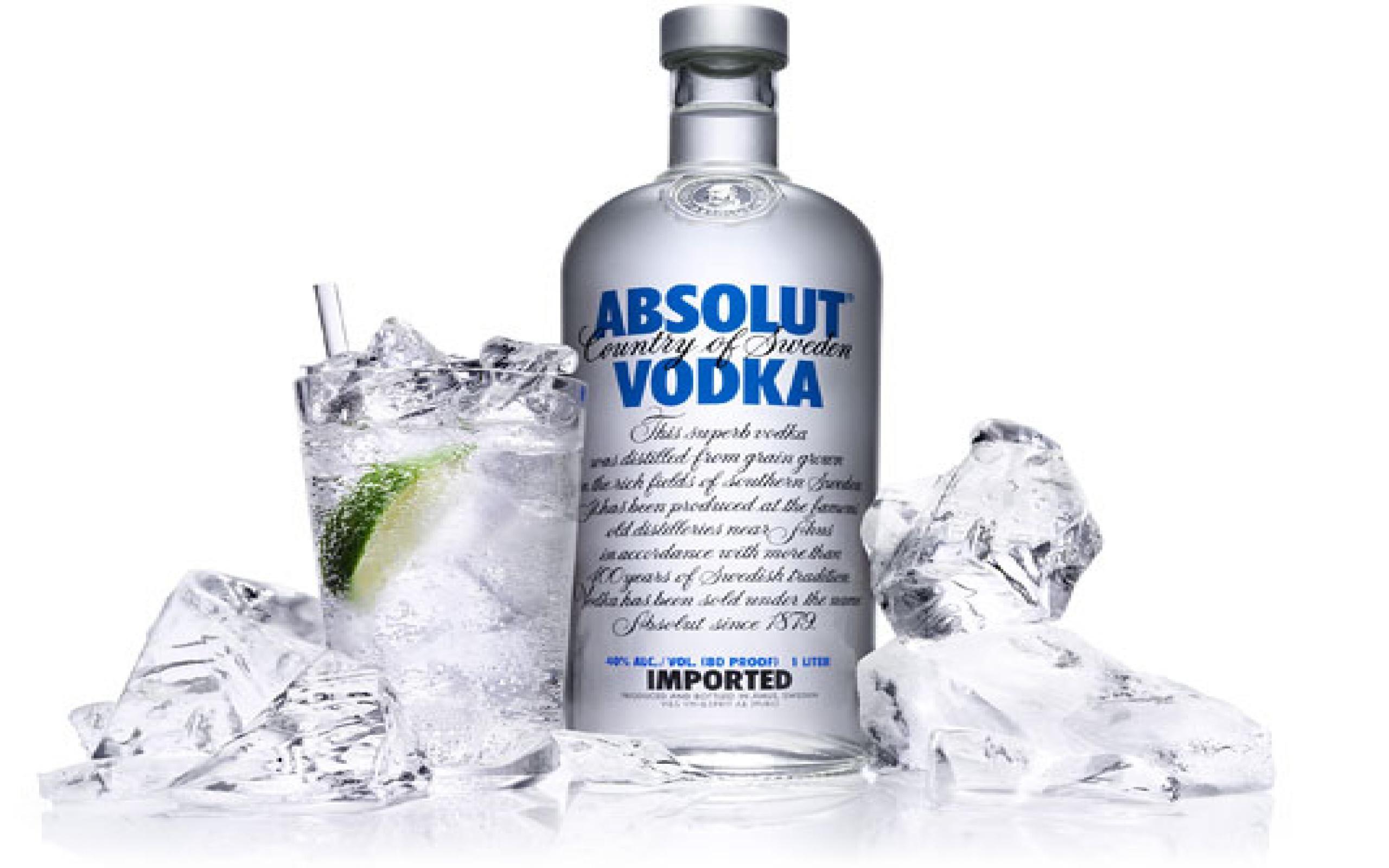BACKGROUND:
For over 2,000 years, the western philosophical tradition has defined 'knowledge' as "justified true belief".And with all of that in mind, now the question...
That is, to say you know X is the case (as opposed to you merely believe X is the case), you must first believe X is the case; next, your belief that X is the case must be true; and last, you must be justified in believing X is the case is true.
Put differently, a belief is not knowledge. Not even a true belief is knowledge. Only a true belief in which you are warranted or justified to believe it is true is knowledge.
Mere belief is not knowledge because a belief can be false. Example: I believe rabbits eat whales. Obviously, a false belief.
Mere true belief is not knowledge because if you believe something is true without any good reason to believe it is true, then you are in effect guessing. But is guessing knowledge? Example: Suppose I guess the correct answer to a math problem on a test. Can I be said to have known the answer even though I had no reason, justification, warrant, or cause to believe my guess was the correct one? The answer is, I cannot say I knew the answer without redefining the meaning of 'know'.
Only if I have a true belief that is justified can I say my true belief is knowledge.
QUESTION:
Must we be absolutely certain that a true belief is justified before we can legitimately call our true belief 'knowledge'?If we must be absolutely certain that a true belief is justified before calling it 'knowledge' then anything we are not absolutely certain of cannot be claimed to be known. For instance, if we are not absolutely certain that god exists, we cannot say that we know god exists. If we are not absolutely certain there is an objective reality apart from our own or any mind, then we cannot say we know objective reality exists. Etc. etc. etc.
Put differently, are there cases in which we can say we know something based on some kind of evidence or reasoning that does not leave us absolutely certain of knowing something? Such as, the testimony of witnesses in a trial, or the results of a scientifically conducted experiment, or the 'evidence of our own eyes', etc.?
IMPLICATIONS:
On the other hand, if we need not be absolutely certain that a true belief is justified before calling it 'knowledge' then it is at least in principle possible that we can say we know god exists even though we are not absolutely certain god exists. Or -- on the flip side -- it is at least in principle possible that we can say we know god does NOT exist even though we are not absolutely certain god does not exist. Etc. etc. etc.
Let the joyful pettifoggery commence immediately!
I respectfully suggest that it is time to set ego aside, let go of what I, the individual, knows, and instead focus on what we, the collective, know. I as an individual am limited by the biological hardware I was born with, which in turn can be limited by injury, pathology, and instinctual behaviors. Additionally, what I know as an individual is heavily biased and constrained by socialization and many other psychological factors. Therefore, instead of focusing our attention on the limited and constrained observations of one individual, we look at all the billions of observations of billions of individuals throughout history. By comparing and analyzing these many observations, we are able to gauge the strength and value of shared observations. This is how we know what we know. It does not completely solve the issues that constrain the individual observer, but it does mitigate them. To what extent it helps to overcome our individual limitations and provide a true picture of reality, only time will tell.
So to the question at hand “Must we be absolutely certain that a true belief is justified before we can legitimately call our true belief 'knowledge'?”, it is clear that any justification for a personally held belief needs to be supported by our collective knowledge to be of any value, and as alluded to in other posts, even then we cannot be 100% sure that we are collectively “getting it right”. That is why we must constantly reevaluate and reanalyze what we know, especially in light of new and corroborated observation.

